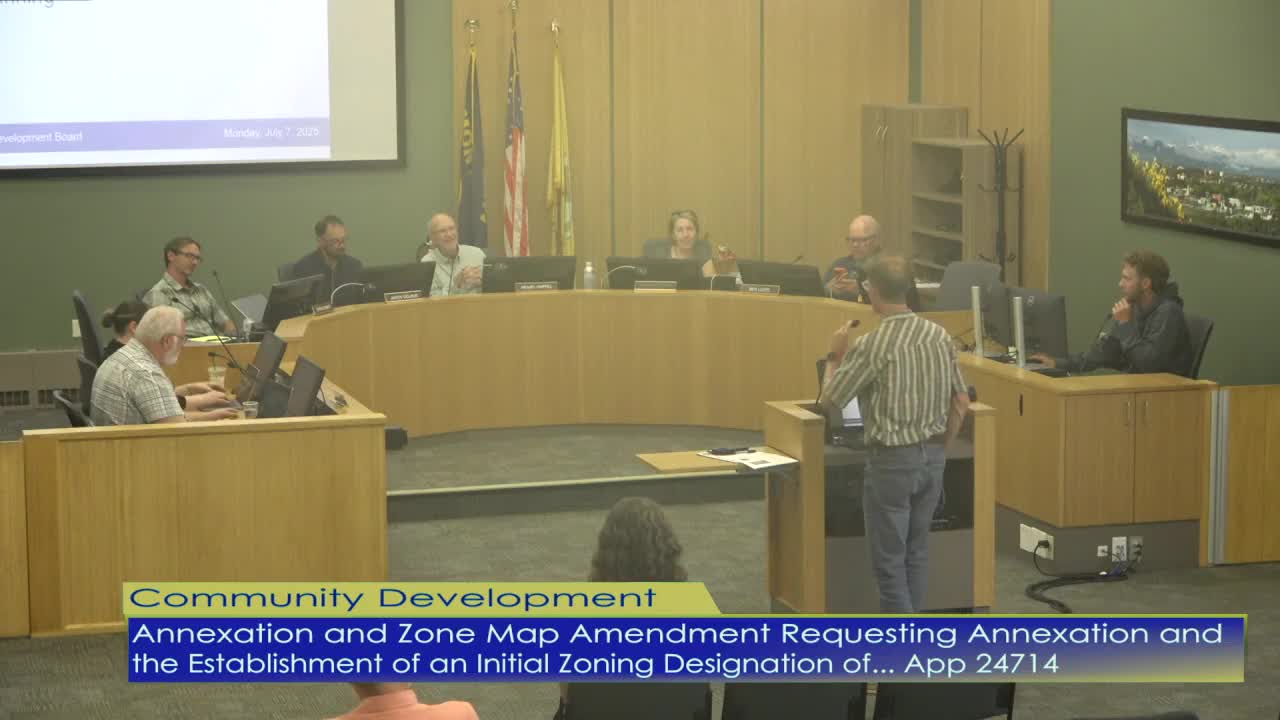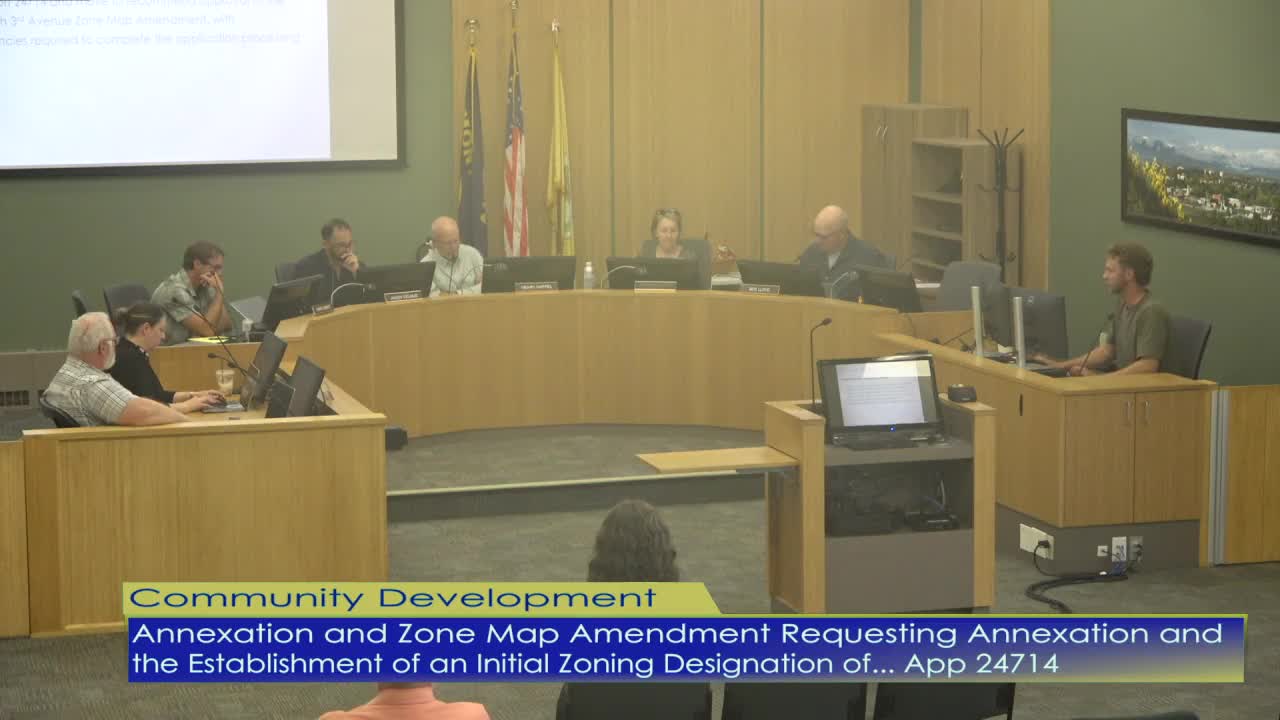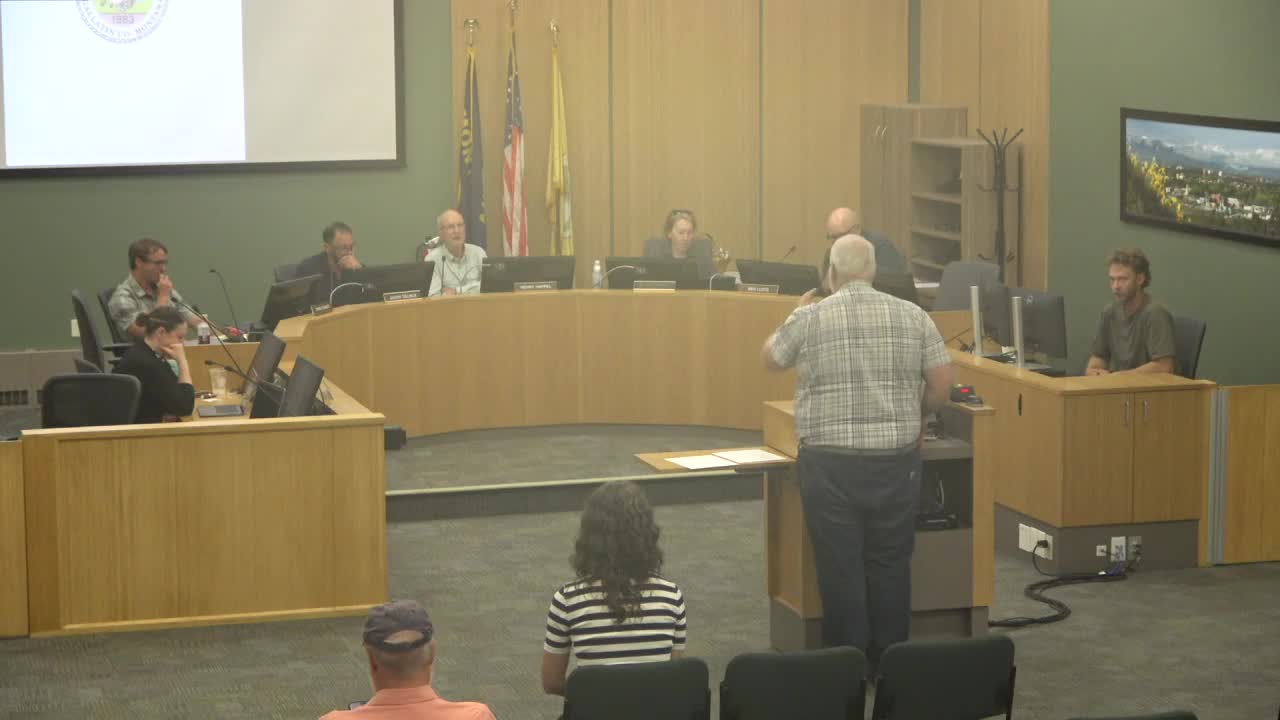Article not found
This article is no longer available. But don't worry—we've gathered other articles that discuss the same topic.

Bozeman panel backs annexation of Museum of the Rockies parcel for public‑institution zoning

Bozeman board backs map cleanup, supports neighborhood‑scale commercial and more housing options in UDC discussion

